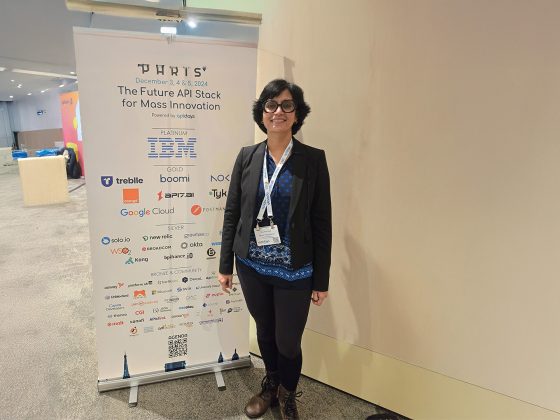We can say that the media industry has been fundamentally changed by artificial intelligence. It is the place that was formerly controlled by human brilliance and is now a platform for AI’s amazing powers.
Artificial intelligence (AI) has a significant and wide-ranging impact on how content is produced, consumed, and transmitted. By 2025, artificial intelligence is predicted to bring in around $3 billion for the media industry.
AI In the Field of Content Creation
From Text to Digital Media
Artificial intelligence is particularly good at producing text-based material, but it can also produce other types of media. Large image and video collections can now be read by AI-driven systems to produce new visual material that includes stock photos, product images, and even brief video snippets.
Personalized Content
AI can provide content based on the preferences, habits, and demographics of certain audiences. This has effects on personalized news, targeted advertising, and producing interesting content experiences.
Overcoming Blocks in Writing and Coming Up with Ideas
This is a common problem for content writers but don’t worry as AI is here to save your day. AI can act as a creative partner for content creators by offering concepts, storylines, or even full drafts to help them get over writer’s block.
Automated Journalism
AI-driven tools can create news and make predictions based on the little data you provide in the form of facts, figures, or information. This works as a great source for journalists. They can now concentrate on writing in-depth and insightful articles.
Enhancement of Content
AI can enhance already-existing content by making headline suggestions, improving article structure, and even translating content into several languages,
Innovative Design
AI can help with creative tasks like producing music, editing videos, and writing scripts. This reduces the repetitiveness. For example, AI can find patterns in scripts that are effective and recommend storylines or character storylines.
AI-Powered Content Distribution
- Hyper Targeting: Massive volumes of user data can be analyzed by hyper-targeted content AI to produce highly customized content experiences. This includes factors like real-time location, emotion, and even physiological data (if available), going beyond simple demographics.
- Delivery of Dynamic Content: AI can instantly modify material according to user choices and behavior. For example, news websites can customize articles for each visitor, and e-commerce sites can provide product recommendations that are specific to each user.
- Content Development: AI can assess content performance indicators and improve distribution techniques to maximize impact and reach.
AI AND CONTENT CONSUMPTION
- Interactive Content and Virtual Experiences: Although AR and VR are well-known examples, AI is also improving other ways the content is consumed. User-driven narratives, or interactive storytelling, are becoming more and more popular.
- AI-Assisted Customization: AI can provide highly customized and interesting content by adjusting profound experiences to individual tastes. For example, AI can build personalized virtual worlds or change a game’s difficulty level according to the skill level of the user.
- Voice-First Interactions: AI-controlled voices like Siri, and Alexa are making it easier for users to consume content hands-free and more convenient.
Conclusion
The media landscape is changing as a result of artificial intelligence, which is producing creative content like music and scripts and eliminating repetitive processes like data analysis and video editing. AI makes hyper-personalized experiences possible by customizing content to each user’s tastes and actions.
Image Source: pexels.com










